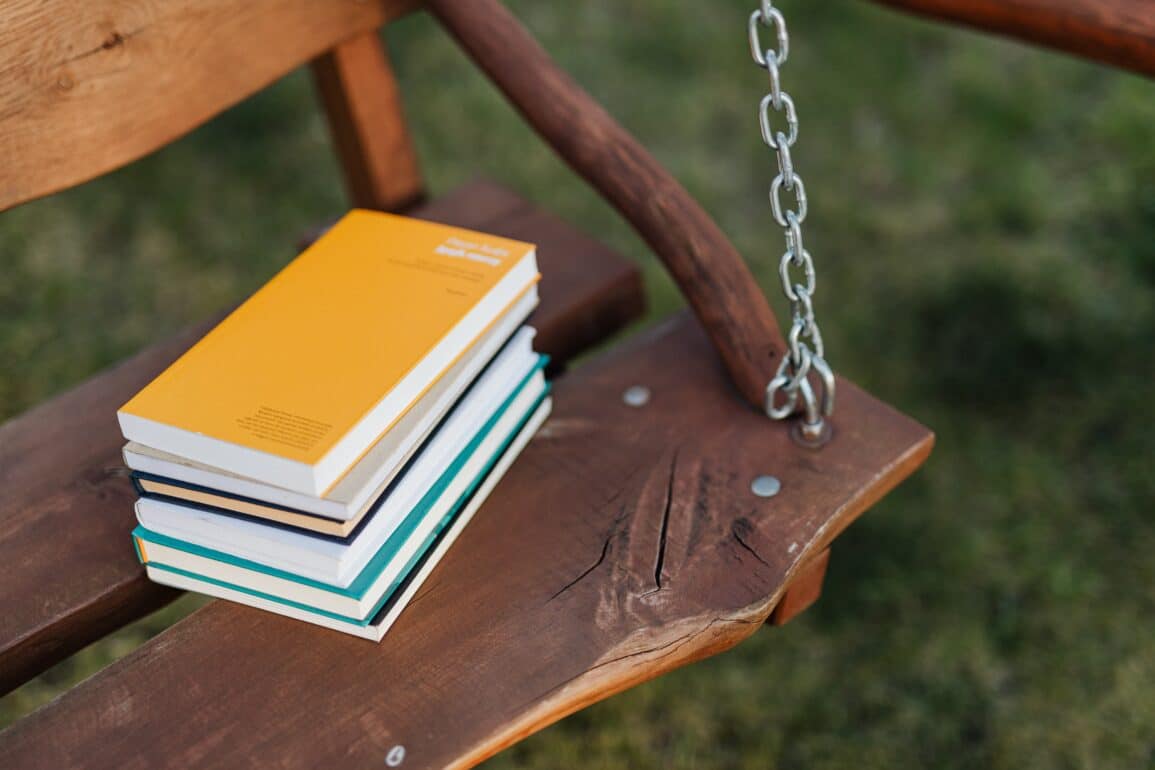Ordinarily, poetry books are part of my readings, better if I understand the poems, and they say something beautiful about the appearance and being of reality. I have found myself very much at home among the verses of “Bello es el riesgo” (Rialp, 2019, Kindle edition) by Marcela Duque, poems of the human and the divine, written with charm, fear, and trembling, with the pleasing aroma of the transcendent meaning of life.
There is nostalgia, as when she remembers her childhood in the Colombian greenery or when she leaps to a fullness greater than the Caribbean seas and higher than the American Andes. To return home one day and, “in the meantime, poetry”. We are muleteers, and there is no lack of chiaroscuro along the way. We seek permanence, compatible with so many passing things. Thus, one day we discover, as Marcela points out, that the leaves of our tree are not evergreen and that “one day the suffering will come that will leave me weightless in the air”.
In times like ours, so given to the pursuit of success and to showing professional achievements on CVs, I love the poem “Birthday Toast”; a grateful and humble song of one who knows he is indebted for so many gifts received: “Today I toast to you, my friends, who still find time to give me, for this is the life I celebrate today, which is not only mine, but a gift offered by a thousand hands, the life you give me with your presence, the life that is lived in those I love”. It is certainly not a question of denying the personal achievement in the competencies we have, but of weaving together the various threads that make up biographical excellence: one’s own effort, the helping hand, and the breath of the Spirit. “Thus, when the poem, light, takes flight, and you see it pulsate, you will know that in it is present a breath that did not come from the skill of your hands alone”.
Poems of the human and divine, as I said above. And certainly, in Marcela’s verses, there are traces of verses from the Gospel, such as that endearing scene of the dialogue and company of the Risen Lord with the disciples of Emmaus, a journey I made some years ago on a pilgrimage to the Holy Land: “It is getting late. It is getting dark. Twilight is coming without stars. The gloom is going to be impenetrable (…). My heart burns to hear you. I want you forever here in my house. I don’t know what to do when you leave. Stay, please, it’s a dark night. I need the light of your gaze. Sometimes the heart burns; sometimes it is dreary; there are times when it shivers with cold and fear. In any case, it is the Lord’s company that we seek. Yes, stay with us, stay here: in solitude, the fear is suffocating.
Beautiful is the risk – says Socrates in the Phaedo – of the one who affirms that the soul is immortal and with this poem, Marcela ends the text: “I have heard your words in his mouth: It is worth the risk of believing, of being taken for fools and ignorant, for believing in the soul and its abodes; it is beautiful the risk of believing ourselves immortal, of living in tension towards the lofty, although we lack proof and turn to faith and to the songs of children”. A steep life in search of excellence, a life of small and great hopes. A coming and going from restlessness to serenity and vice versa, until we reach the fullness of a life that does not end here, as our Víctor Andrés Belaunde also beautifully said.
A beautiful collection of poems to return to its verses again and again.










